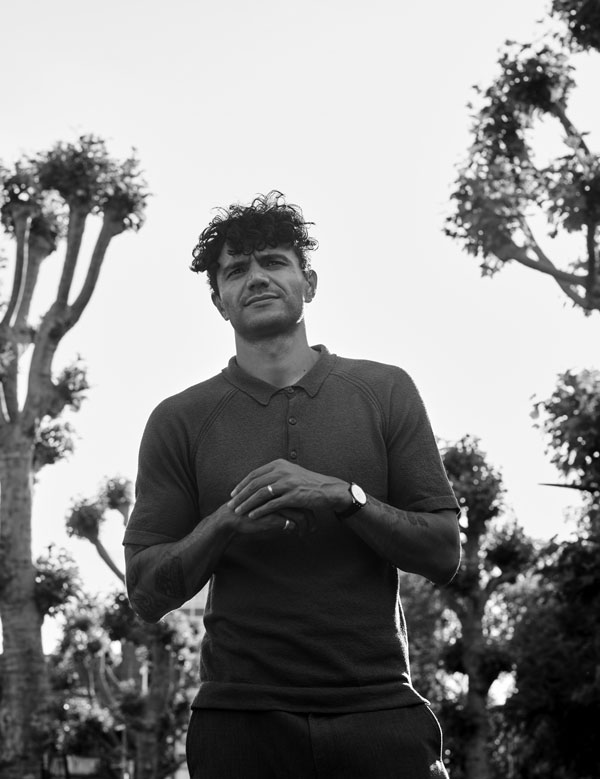It is not him walking
up the road in that green,
but you follow his oak face
into the garden where his voice
is still slowly growing spaces
too wide without him.
The air is not his blue coat,
His coat is dust and wood smoke.
Hold your tremble
The man walking the road
Is not
Your ache.
I want to bury the sounds of living
in his ears with the birds,
and every little thing with a song,
where nothing is heavy like this place,
where someone I love is the shape
of a missing thing.

Raymond Antrobus is a poet, teacher and freelance writer, born in London to an English mother and Jamaican father. He is the author of To Sweeten Bitter (Out-Spoken Press), The Perseverance (Penned In The Margins, UK / Tin House, US), All The Names Given (Picador, UK / Tin House, US) and children's picturebook Can Bears Ski? (Walkers, UK, Candlewick, US). In 2019 he was a recipient of the Ted Hughes Award and won the Sunday Times/University of Warwick Young Writer of the Year Award, and became the first poet to be awarded the Rathbone Folio Prize. He is currently based between New Orleans, Oklahoma and London.
You can follow Antrobus on Instagram and Twitter, and see more on his website.

Image captions: 1) Othello De'Souza-Hartley, Absence (2020) [detail]. C-type print, 20 x 24 inches. Commissioned by Autograph for Care | Contagion | Community — Self & Other © and courtesy the artist.
Other page images: 2) Courtesy Raymond Antrobus
Autograph is a space to see things differently. Since 1988, we have championed photography that explores issues of race, identity, representation, human rights and social justice, sharing how photographs reflect lived experiences and shape our understanding of ourselves and others.